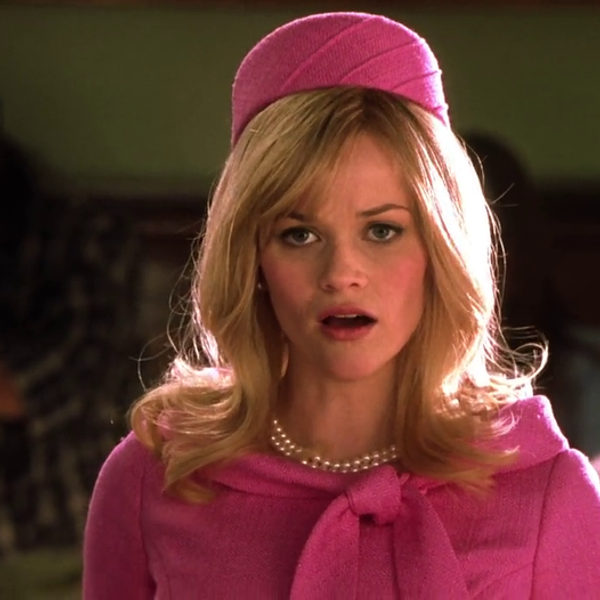In recent weeks, the media has been punctuated by news surrounding the rape allegations of a handful of players on the Gopher football team. In case you haven't heard, here's the run-down.
In early September, a 22-year-old woman asserted she was raped by nearly a dozen Minnesota football players. The Hennepin County Attorney's Office pressed no charges, but the University of Minnesota took action, suspending 10 of the players. (You can read the full report here.)
Then, on December 15, members of the football team crowded into the Nagurski Football Complex and made a statement, announcing "they would boycott all football activities, including an upcoming bowl game, to protest the suspension of 10 teammates in connection with a sexual assault investigation," according to The Wall Street Journal.
Two days later, the president of the University of Minnesota, Eric Kaler, announced that the college "will not change our values or our code of conduct for the sake of a bowl game," which was later accepted by the players, who went on to end the boycott and stated, "Our thoughts and prayers are for the well-being of the woman involved in the original incident, and for our 10 teammates to ensure that they are treated fairly," according to the Huffington Post.
Rape accusations and investigations are nothing new in the football world. When one considers the number of allegations that are entirely ignored or not taken seriously, the firm stance taken by the college is monumental. And, quite frankly, that's sad. Although in a court of law all are innocent until proven guilty, rape allegations should always be taken seriously, no matter how talented, famous, or athletic the defendant may be. No one is better than anyone else, and no one is any less worthy of rights to his or her body.
Unfortunately, many don't see it that way. Just take Jameis Winston -- a Florida State football star accused of rape by multiple women -- who has been defended on multiple occasions by a variety of institutions. When the accusations originally surfaced from Erica Kinsman and an unidentified woman, Florida State put the claim on the backburner until the football season ended, since Winston was their star player. Then, two weeks later, he was called to testify, but refused to cooperate and wouldn't answer any questions. Rather than push for answers and conduct interviews with others, Florida State ended the investigation, simply because Winston wouldn't talk to them.
The Tallahassee Police Department and much of the community was also behind the cover-up to a certain extent. In the documentary The Hunting Ground, it is revealed that a detective warned Kinsman that Tallahassee is "a big football town," and that it would be difficult to live there if she pursued the case against the town's football star -- a comment that shows the extent to which football players are valued in modern society.
It is also argued in the documentary that "with the information Erica provided, the Tallahassee Police Department could have . . . obtained video from the 30 surveillance cameras at the bar where she met the suspect . . . [and] located the cab driver who drove Erica and the suspect from the bar. They did none of these." As it turns out, the Tallahassee police and detectives hold football closer to their hearts than the well-being and dignity of others.
Not only was an alleged rapist defended and supported by Florida State University and the community, but also by the National Football Association. Winston was the number one pick by the Tampa Bay Buccaneers in the 2015 NFL Draft. The article on the NFL website uses 300 words to describe Winston's athletic achievements. At the very end, there is a short paragraph about "off-the-field issues," which briefly mentions the sexual assault investigation as well as a shoplifting incident. The author then quotes Lavonte David, a Buccaneer linebacker, who said he was going to tell Winston to "tone it down" upon his arrival in Tampa Bay.
Tone it down to what? Oh, maybe just don't steal from places, but the occasional rape is okay. Is that what they mean? As ridiculous as it sounds, that could be exactly what they mean. Track records indicate that the NFL has little regard for cases against professional players. It's pretty well-known how many NFL players have gotten in trouble for beating their wives or their kids, or yielding a gun, or raping someone. And you can hide a mess for a while, but at a certain point, it's too disgusting and widespread to simply sweep under a rug.
We have now reached that point.
Certainly not all football players are rapists or thieves, and of course, these issues are not restricted just to football. There are athletes in other sports and entertainers who also get away with crimes or face pathetic sentences due to society's idolization of famous people.
Although these occurrences are frequent within other institutions and leagues, not much compares to football. Perhaps it's due to the way players are treated as if they're larger than life. And perhaps its due to the way so many professionals and rising stars view themselves as better than everyone else. Regardless, the NFL and major universities must shoulder some of the blame for the perpetuation of rape culture. The inadequate, embarrassingly minimal consequences that football players must face for heinous crimes is atrocious.
Although the University of Minnesota is beginning to take allegations seriously and uphold a new standard for its athletes, the reactions of the community and the rest of the football team have proven the existence of rape culture. No one hardly ever questions the legitimacy of a shoplifting claim. No one says that it's your fault if someone steals your stuff. Yet, with rape claims, it is often immediately assumed that the victim is lying or that it's the victim's fault for getting too drunk or wearing the wrong clothes.
That is rape culture -- a culture that continues to be supported by major football schools, the NFL, and, consequently, by our football-obsessed society.




















